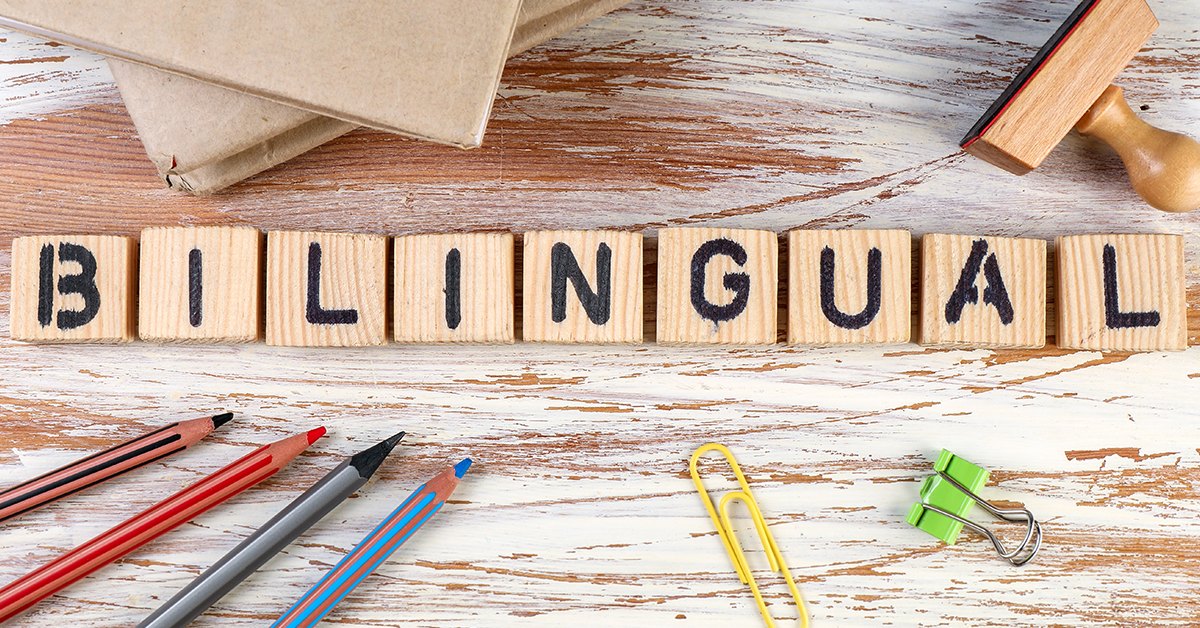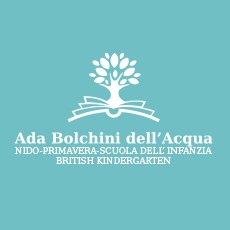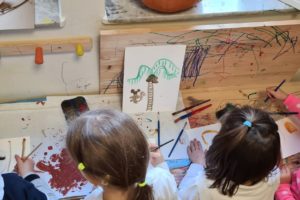Bilingualism – the sooner the better. Some good reasons why exposing young children to learning a second language is a gift for life.

Indeed, the sooner the better. Because bilingualism at an early stage in life is a great stimulus for faster brain connections, for a more careful observation and a deeper listening in the development years and in adulthood. Because “children who grow up bilingual have brain functions that are superior to those of monolingual children, because they have better cognitive control”, as stated by the neuroscientist Sigman. And cognitive control has many aspects, such as the ability to pay attention, the ability to plan and the ability to switch easily between tasks.
The brain of bilingual people goes faster, because they need to quickly “select” the language needed for the communication in that specific moment, they need to look for the words that fit the context and convey their meaning correctly. In order to do so, the brain needs to focus its attention on the chosen language.
Bilingualism: benefits that go beyond the ability to perfectly speak and understand a language
It is true that the benefits of learning a second language for children is renowned and exposing them in the early years has shown that in the future they will have benefits not only in their speaking and language understanding, but also in different areas of development and learning.
Children who learn another language before age five use the same part of the brain to acquire that second language that they use to learn their mother tongue. Younger learners are also uninhibited by the fear of making mistakes, which is sometimes an obstacle for older beginners.
As stated above, researches show that learning a second language boosts problem-solving, critical-thinking, and listening skills, in addition to improving memory, concentration, and the ability to multitask.
Children proficient in other languages also show signs of enhanced creativity and mental flexibility.
The cognitive benefits of learning a language have a direct impact on a child’s academic achievement. Compared to those without an additional language, bilingual children have improved reading, writing, and math skills, and they generally score higher on standardized tests.
As a consequence, kids who grow up in a bilingualism context are more likely to do well in society from an economic and social perspective: people who have good cognitive control do well at school, typically find better jobs and are healthier.
Children who are exposed early to other languages display more positive attitudes to the cultures associated with those languages. The experience of learning a language introduces them to the world in ways they might otherwise have not experienced.
Contrary to popular belief, young children are not confused by the introduction of multiple languages at the same time. Not only do they naturally navigate multilingual environments, but acquiring a second language early in life primes the brain to learn multiple other languages, opening a world of opportunities for later on.
Bilingualism: is it possible also for non-native speakers?
We have been talking about bilingualism applied to children who have parents with different mother tongues, who are therefore subject to two different languages since the day they were born.
But can bilingualism be possible also for children who have parents of the same nationality and who attend international schools and therefore listening to and speaking a foreign language every day, since their early years?
Of course it can! The contexts are different, as at school the child speaks a language which is not the one they are used to at home, however the mental mechanisms activated are the very same!
Tag:BILINGUALISM


